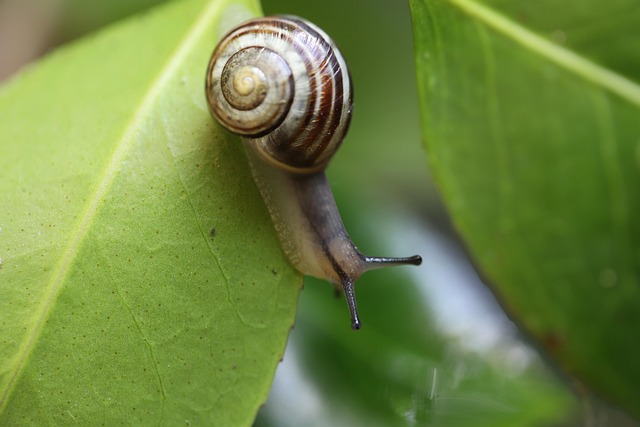
A thriving garden is a joy—until pests move in and start turning your hard work into a buffet. Whether you’re tending flowers, herbs, or vegetables, garden pests can be relentless. From nibbling on leaves to destroying roots, they know no bounds. But before you reach for chemical sprays, let’s explore how to get rid of garden pests naturally and keep your plants happy and healthy the eco-friendly way.
Table of Contents
ToggleWhat Are Garden Pests?
Garden pests are insects or animals that damage plants by feeding on leaves, roots, flowers, or fruits. Some of the most common garden pests include:
- Aphids
- Caterpillars
- Slugs and snails
- Whiteflies
- Spider mites
- Beetles
- Cutworms
Each has its own style of destruction—some suck plant sap, others chew through foliage, and many are stealthy enough to go unnoticed until serious damage is done.
How to Identify Common Garden Pests
Identifying garden pests is the first step to controlling them. Here’s a quick look at some of the most common culprits:
Aphids
Tiny green, black, or white bugs that cluster on stems and the undersides of leaves.
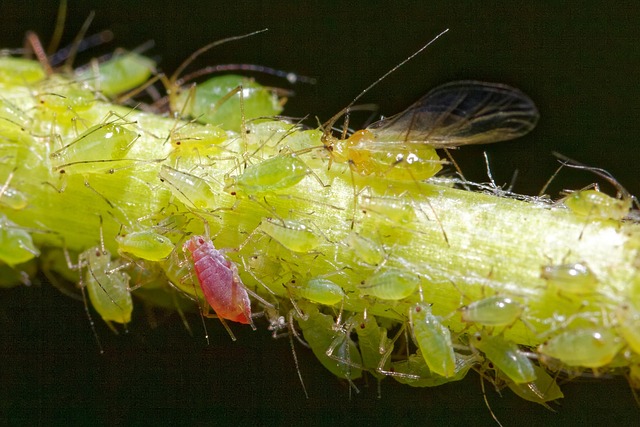
Slugs and Snails
Leave behind slimy trails and ragged holes in leaves.

Whiteflies
Tiny white insects that scatter in clouds when plants are disturbed.
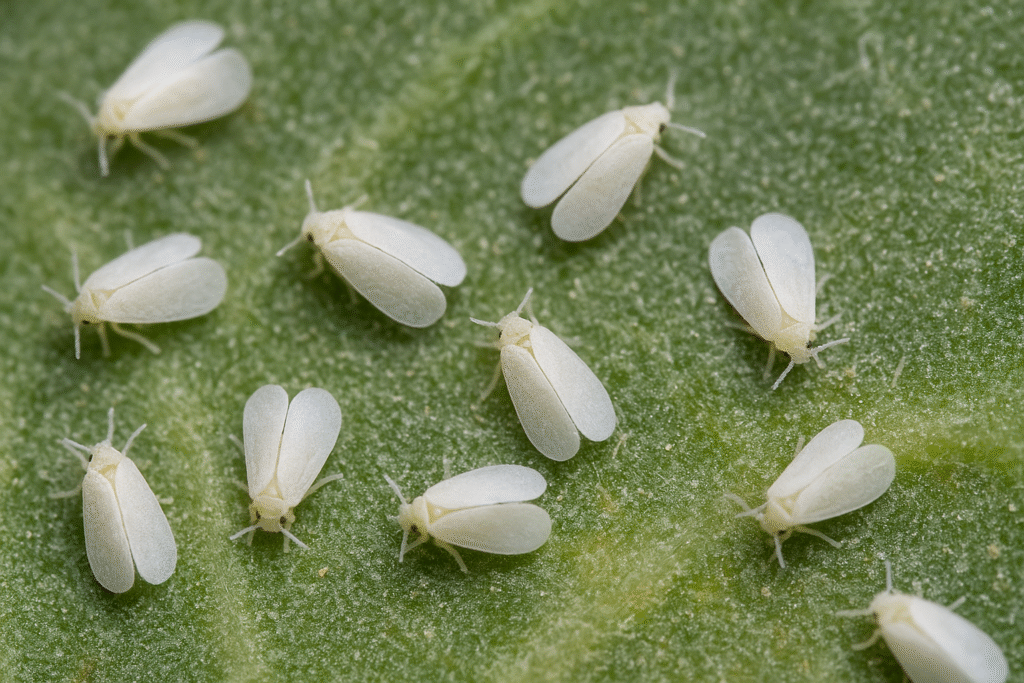
Spider Mites
They cause speckled leaves and fine webbing on plant stems.
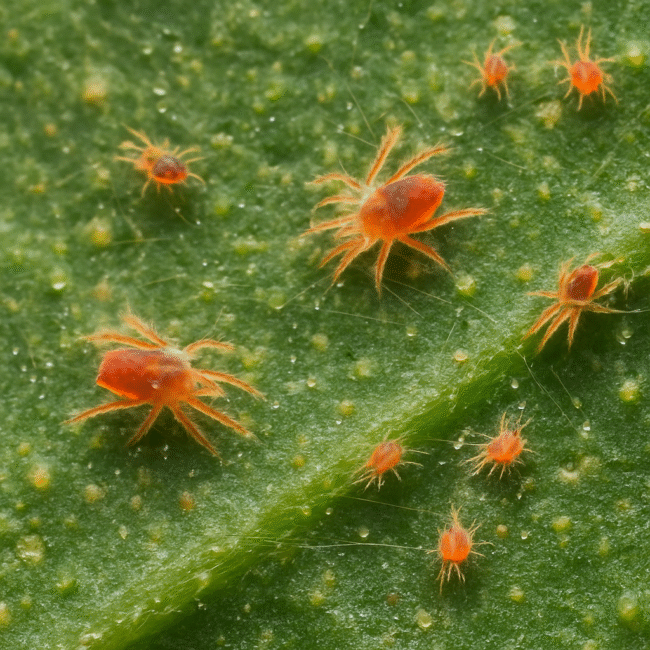
Beetles and Caterpillars
Chew through foliage or bore into fruits.
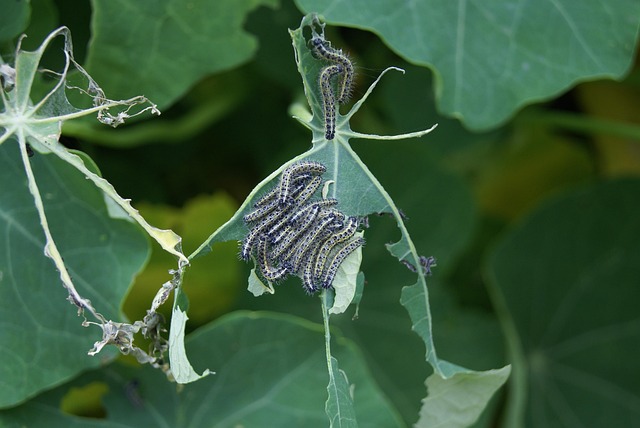
How to Keep Pests Out of the Garden Naturally
You don’t need synthetic chemicals to keep pests out of your garden. Nature provides plenty of safe and sustainable options. Here’s how to prevent garden pests with smart, natural methods:
Attract Beneficial Insects
Not all bugs are bad. Ladybugs, lacewings, and praying mantises are natural predators that feast on aphids, mites, and other garden pests. Attract them by planting nectar-rich flowers like:
- Marigolds
- Alyssum
- Dill
- Yarrow
- Fennel
These good bugs help maintain balance in your garden ecosystem.
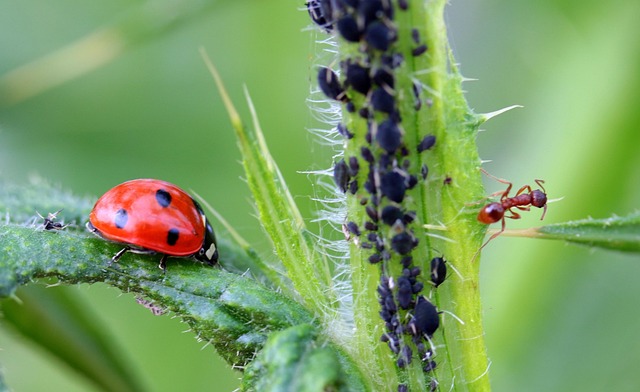
Use Companion Planting
One of the easiest ways to deter pests from the vegetable garden is companion planting. Some plants naturally repel certain bugs. Try these combinations:
- Basil near tomatoes to deter flies and hornworms
- Marigolds near almost everything to ward off nematodes and aphids
- Garlic and chives to keep away aphids and beetles
- Mint to drive off ants and cabbage moths
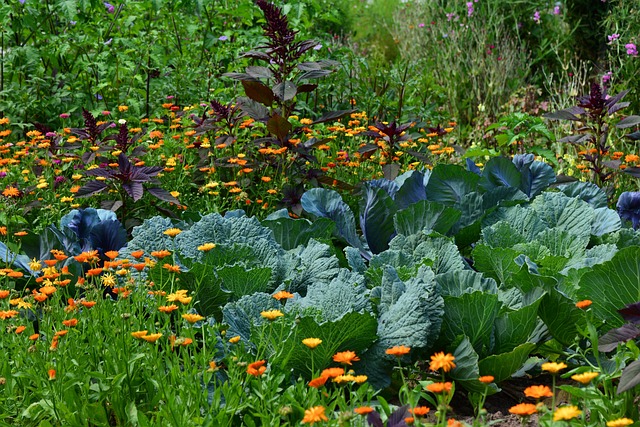
Apply Natural Sprays
If bugs are already present, don’t worry. You can still get rid of garden pests naturally using homemade sprays like:
- Neem oil: Safe for most plants and effective against aphids, whiteflies, and mites.
- Soap spray: Mix a few drops of mild dish soap with water and spray directly on pests.
- Garlic and chili spray: Crush garlic cloves and chili peppers, soak them in water, strain, and spray. Bugs hate the strong scent.
These sprays are simple, affordable, and effective for natural garden pest control.
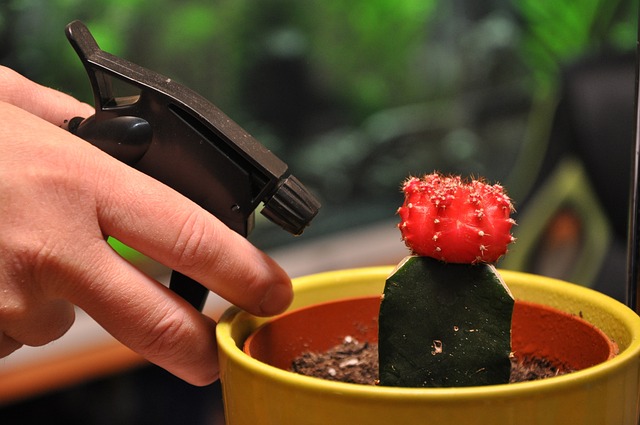
Keep Your Garden Clean
Pests love mess. Dead leaves, overripe fruits, and standing water create breeding grounds for bugs and diseases. To prevent pests from damaging your garden:
- Regularly prune and clean up fallen debris.
- Avoid overwatering to prevent mold and fungus.
- Rotate crops seasonally to confuse pests and reduce soil-borne diseases.
Healthy soil = healthy plants = fewer pests.
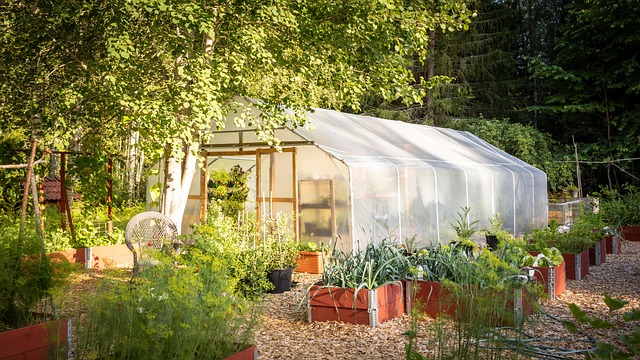
Mulching the Smart Way
Mulch isn’t just for moisture retention—it also helps with pest control. Use straw, bark chips, or composted leaves to:
- Deter crawling pests like slugs and cutworms
- Prevent weeds that harbor bugs
- Keep soil temperature steady and reduce water stress
Avoid piling mulch too close to stems, as that can create hiding spots for bugs.
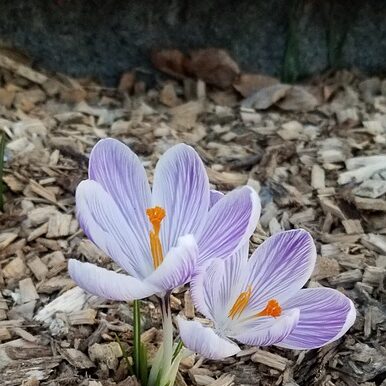
What Spice Wards Off Garden Pests?
Believe it or not, kitchen spices can play a role in pest prevention. Cayenne pepper, cinnamon, and clove powder are strong deterrents. Sprinkle them around plant bases or mix with water and spray on leaves.
- Cinnamon prevents fungal growth and repels ants.
- Cayenne pepper keeps squirrels, rabbits, and insects at bay.
- Cloves are disliked by many soft-bodied insects.
Try rotating these spices to keep pests guessing.

How to Control Pests in the Garden Without Chemicals
When learning how to control pests in the garden naturally, consistency is key. Don’t expect a one-time fix. Use a mix of prevention and control techniques. Here’s a quick checklist:
- Identify pests early
- Use physical barriers (netting, row covers)
- Hand-pick larger insects (yes, it works!)
- Encourage birds by placing feeders or birdbaths
- Apply natural sprays regularly
- Keep soil and plants healthy with compost and proper spacing
How to Deter Pests from Vegetable Garden
Vegetables attract a lot of pests due to their scent and taste. Here’s how to keep pests away from your vegetable garden:
- Install raised beds with mesh barriers
- Practice crop rotation to avoid recurring pests
- Use reflective mulch or aluminum foil around plants to deter aphids
- Sprinkle diatomaceous earth around seedlings to stop crawling bugs
If you’ve been wondering how to keep pests away from garden areas that are especially vulnerable, these tips offer simple but powerful protection.
Bonus Tip: Electric Fence for Garden Pests
For larger pests like rabbits, raccoons, and deer, consider installing a low-voltage electric fence. It’s a humane way to keep animals out without harming them or your plants.
Learning how to get rid of pests in the garden naturally doesn’t just protect your plants—it also protects your family, the environment, and the beneficial bugs that make your garden thrive. Whether you’re growing veggies, herbs, or flowers, consistent care, smart planting, and a few homemade tricks can go a long way in keeping those uninvited guests away.
So next time you spot holes in your leaves or pests crawling across your tomato plant, take a deep breath—and reach for nature’s toolbox.
